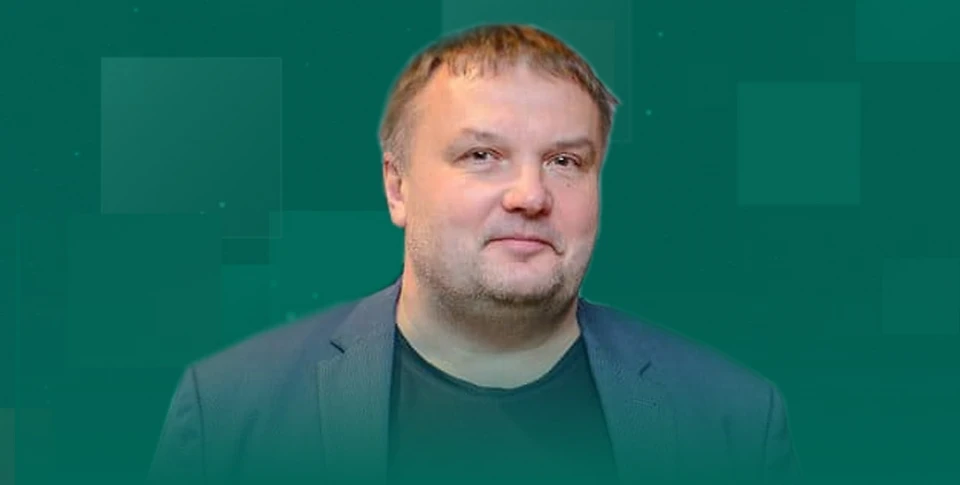
The illusion of quick negotiations
In recent weeks, many have fallen into the trap of believing in the inevitability of quick, effective negotiations. But how realistic is this?
The 2022 full-scale invasion happened for two reasons:
- Putin thought a quick war would elevate him to global prominence as a third superpower and allow him to tighten control over the post-Soviet space.
- He believed annexing Ukraine, followed by Belarus and Kazakhstan, would halt the growing "Slavization" of Russia.
It's crucial to point out that neither of these goals has been achieved — and in my view, they’re now unattainable. But the Kremlin seems blind to this reality. This is key to understanding how Putin might act during negotiations with Trump.
The second point to consider is the shift in Russia's national ideology following "Emperor Putin's" re-election in March 2024.
From then on, Russia's main national idea boils down to this: Putin wants to live as long as possible and die in the presidential chair of natural causes. Every decision in Russia is now shaped by this obsession.
Therefore, when analyzing whether Putin would agree to freeze the conflict, we must ask: which option — peace or continued war — poses less of a threat to his life?
There’s no simple answer, but given current conditions, continuing the war seems safer for him. Ending the war would require addressing numerous social issues Russia is not prepared to solve. Sure, those issues won’t vanish, but they might be more palatable to society if wrapped in the narrative of an unconditional victory. Meanwhile, peace under Trump’s terms risks being perceived in Russia as an imposed and conditional "victory," which Putin fears deeply.
Speaking of fears, Putin is terrified of humiliation. Accepting negotiations under Trump’s terms right now would be a humiliation he won’t risk.
On the other hand, Russia’s economy is becoming an anchor — and its growing tech dependence on China is escalating into a national threat. Living standards are declining despite rosy official stats and assurances from "good Russians" in academia. No, this won’t spark a 1989–1991-style collapse anytime soon, but it will drag the economy into stagnation for at least the next decade. Putin knows this perfectly well.
Ultimately, the chances of negotiations hinge on two factors: recognizing these economic threats and Putin’s ability to convince himself that diplomacy is not humiliating.
For now, it seems clear: Putin isn’t ready for talks. Meanwhile, the U.S. continues to underestimate the psychiatric dimensions of Putin’s mindset. Whether he can reconcile these internal conflicts will determine if negotiations are even on the table.
About the author: Vadym Denysenko, political scientist.
The editorial staff does not always share the opinions expressed by the blog authors.
- News













































